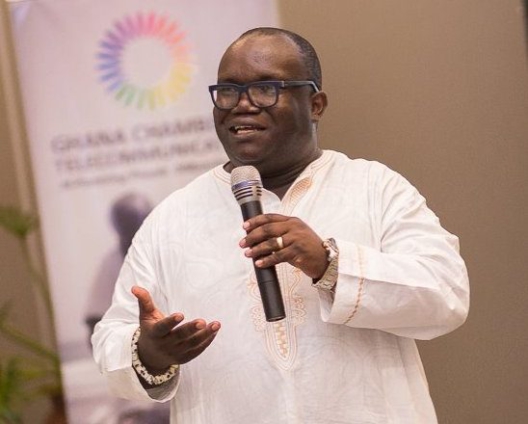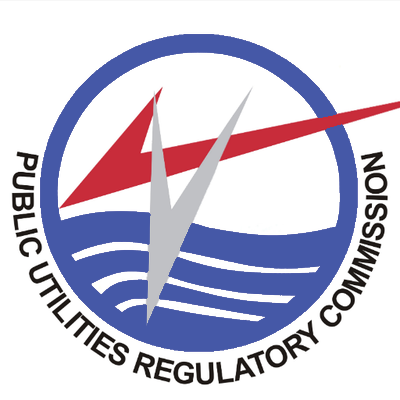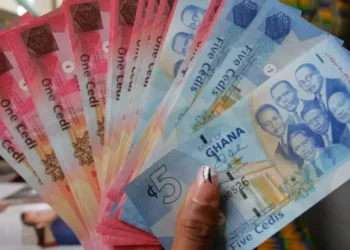The Executive Director of the Institute for Energy Policies and Research, Kwadwo Nsafoah Poku, has warned that Ghanaians are already subsidising the Ghana Water Company Limited (GWCL) and risk bearing an even greater burden if a 280 per cent tariff increase is approved by the Public Utilities Regulatory Commission (PURC).
Speaking after reviewing GWCL’s submissions, Mr. Poku noted that the cost of producing water far outweighs the amount consumers are paying, meaning citizens are effectively carrying the financial weight of the utility’s operations.
“I looked through their presentation and they are producing water far more expensive than what we are paying for per cubic. So that means Ghana, we are actually subsidising water”
Kwadwo Nsafoah Poku, Executive Director of the Institute for Energy Policies and Research
Mr. Poku argued that the company’s predicament was not comparable to that of the Electricity Company of Ghana (ECG), which is also demanding a 225 per cent increase in its Distribution Service Charge.
“Ghana Water distributes the water, but the cost of producing the water they distribute is very expensive. So that’s the dichotomy between the two of them,” he stated, explaining that while ECG’s challenge lies in recovering revenues from distribution, GWCL’s problem is fundamentally about the high cost of producing water itself.

For him, a purely business-minded assessment of GWCL’s proposal would lead to unbearable consequences for households. “The problem you would have is that the person who bears the brunt of it is the consumer who can’t afford it.”
Mr. Poku stressed that such outcomes would worsen living standards and deepen public frustration at a time when utilities are already under heavy scrutiny.
The Galamsey Factor
GWCL’s 280 per cent tariff proposal comes against the backdrop of the devastating impact of illegal mining, which has severely polluted many water sources and raised purification costs.
The company has also cited rising prices of treatment chemicals, frequent damage to equipment, and operational challenges.
Convener of the Coalition Against Illegal Mining, Ken Ashigbey, believes that while GWCL faces genuine challenges, the cost should not be shifted wholesale to all consumers. “We must close the loopholes that let foreigners exploit our system,” he stated.
Mr. Ashigbey argued that tariff adjustments should instead reflect the “polluter pays” principle, emphasising that communities where galamsey has caused severe pollution should be the ones to absorb the higher charges.

This, he said, would both encourage accountability and discourage harmful practices that continue to damage the environment and raise national production costs.
According to Mr. Ashigbey, a blanket approach would unfairly punish communities that have not contributed to pollution problems but would still be forced to pay exorbitant water bills. A targeted system, he explained, would balance fairness with the urgent need to protect the country’s water resources.
“The tariff hikes must be targeted at areas where illegal mining has severely polluted water bodies and driven up purification costs,” he stressed, warning that a one-size-fits-all model would not achieve the desired impact.
The Regulatory Path Ahead
The PURC is currently reviewing GWCL’s request alongside other submissions from utilities as part of the 2025 – 2030 tariff determination process. The Commission faces the challenge of balancing cost recovery for utility companies with consumer affordability.
With electricity and water providers demanding steep adjustments, public concern has heightened over the affordability of basic services. Many Ghanaians fear that further increases will erode household incomes already strained by high living costs.

“So that’s where I have always said that in Ghana now, one plus one is not equal to two, because all these things though justified would cause great imbalance,” Mr. Poku said, maintaining that utilities in Ghana represent a paradox – noting that the sector’s logic often defies conventional expectations.
As debates intensify, the government is under pressure to ensure that reforms and tariff approvals do not undermine social protection objectives. Observers argue that beyond tariffs, deeper reforms are required to improve efficiency, curb illegal mining, and strengthen the sustainability of utility services.
READ ALSO: NewGold ETF Plunges 3.7% as GSE Sees Sharp Drop in Trading Volume



















